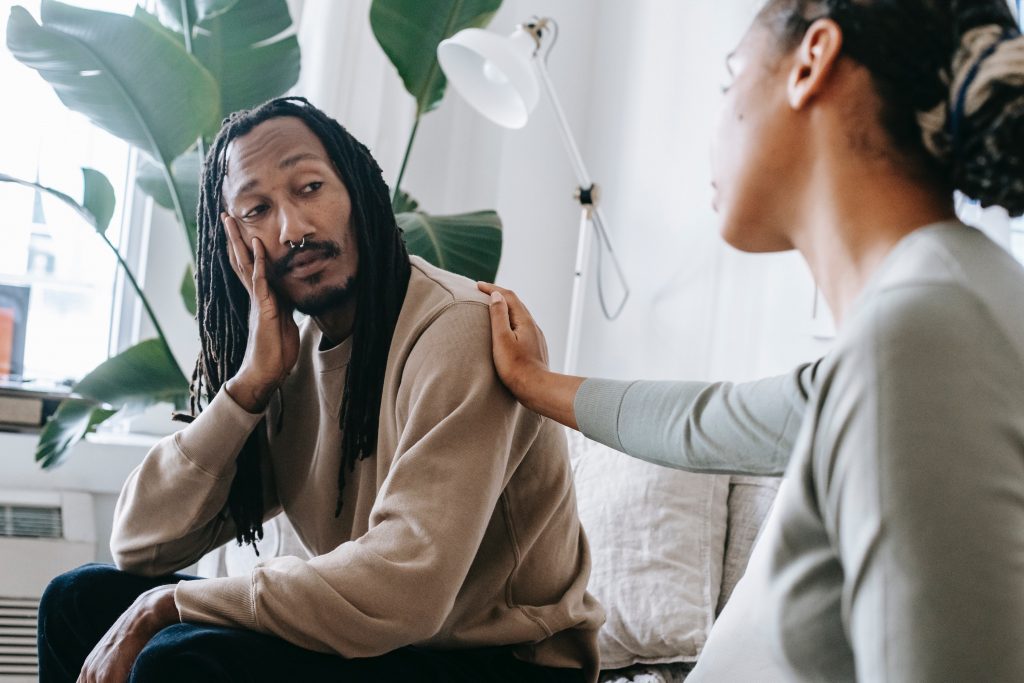How to find an effective coach that fits your individual needs.

An effective coach is all about helping you, and not about using you to grow their own platform.
If you scroll through Facebook, there’s no doubt you’ll see ad after ad promising that you’ll become your best self if only you buy their e-book or subscribe to a newsletter. There’s usually a photo of a beautiful smiling person promising that all you have to do to achieve self actualization is download their audio or join their Facebook group. People are doing Facebook lives, or instagram videos, or selling workshops. Simply join their community to learn the secrets of success.
Coaching is a booming business, for sure, but in many ways is still the Wild West.
You’ll find some snake-oil salesmen, but you’ll also find many authentic, effective, well trained coaches to guide you through your needs. It’s up to you to figure out which is the right one for you. Don’t fret. There are ways to tell the difference between an honest, effective coach and one that is simply interested in growing their own platform. Here are a few tips for weeding out the bad apples so you can find a coach that fits your needs.
Notice if they ask questions about you before they prescribe solutions.
Do they listen to you before dolling out advice? If not, it’s a big red flag. An effective coach can help you clarify your goals only by meeting with you and asking questions. No one can help you come up with ideas and solutions without understanding your individual needs, or how far along you are developing your individual goals. Everyone is in different places in their career. An effective coach will first take the time to ascertain your skill level, your desires, your context, your journey.
Imagine someone telling you how to get to the Grand Canyon without asking you where you’re starting point is. Someone starting from California will require a different route than someone traveling from Florida.
Most coaches will offer a free first meeting or consultation. Take the time to meet with the coach and get to know them. In that meeting, the coach should be asking questions about you. The coach should be doing more listening than talking. If the coach habitually interrupts you, or worse, if the whole meeting feels like a sales pitch, move on.
An effective coach should have experience in the field.
This should be a no brainer. A coach that focuses on artists (whatever level that artist is at) should be an artist themselves. How many years of practical experience in the arts do they have? Do they continue to work on that career? Have they achieved some success? A successful writer who has made a career in writing will be better able to advise you on your writing career than someone just out of college who is pushing an an e-book about how write. You’ll save a lot of time and heartache if you first qualify this person by looking at how active they are in the area in which you want to improve.

Don’t confuse certification with qualification.
Remember, coaching is in many ways still the Wild West. Just because someone says he is certified doesn’t mean they are qualified. Take a look at the organization that has provided the certification. Are they reputable? Does the organization have good reviews? By what authority do they present certification, and what training do they require to achieve it.
Tony Robbins is an example of a certification program you can trust. (We are not affiliated with them in any way.)
An effective coach will expect you to work for your success, but will give you clear, actionable solutions to specific dilemmas along the way.
An effective coach should not flat out tell you what you should do, even if you want them to. The coach can offer the benefit of his experience, or communicate knowledge she has learned. Sometimes a coach will just listen. Sometimes a coach will participate in brainstorming options. Sometimes it involves teaching. Everything a coach says and does should be in service of helping you figure it out for yourself.
Furthermore, an effective coach should not do the work for you. You must do the good work to in order to reap the good rewards. You will never get in shape if someone else completes your workout for you.
A coach should be in it for the duration
A coach should be committed to your success, and a coach should be in it with you for the long run. If you ever feel that a coach has abandoned you in your journey, count your blessing that they’re gone, find someone new, and never look back.
An effective coach is there to support you, not the other way around.
This is your career. This is your life. A coach should be committed to helping you achieve fulfillment in your art and your career, not to simply take you on as an aid or an acolyte. There’s nothing wrong with becoming an assistant, as long as the goal is for your own leaning and growth with the intention of using what you learn to enhance your own art and exercise your own voice.
If you find that you’ve become an acolyte instead of a peer or colleague, fire that coach immediately and never look back.

A coach will always act professionally, and treat you the same way.
An effective coach will honor your time by being prompt to scheduled meetings. She will prepare for the meetings by reviewing notes from your last session. She should be non-judgmental, and never ever express anger or sarcasm towards you, or in an otherwise disrespectful manner. A professional should never make personal or lude comments. If he or she tries to date you, engages in sexual innuendos, or becomes explicit, leave the session immediately and do not return.
So, what, then, is a creativity coach specifically?
A creativity coach guides you in your growth as a creative person. No matter where you are in your growth, novice or master. It doesn’t matter if you make your living as a professional artist, or if it’s a side hustle, or even a hobby.
He or she will help you clarify your desires and help you set goals.
He or she helps you with practical things, like installing good habits that help you do your work – like exercise, project planning, or maintaining your business.
He or she will guide you in career decisions that will help you grow as an artist and still keep the lights on.
Whatever you need to grow as an artist, or as a creative person, that person will be there to advise you on every step of your own, individual journey.
Settle for no less.
